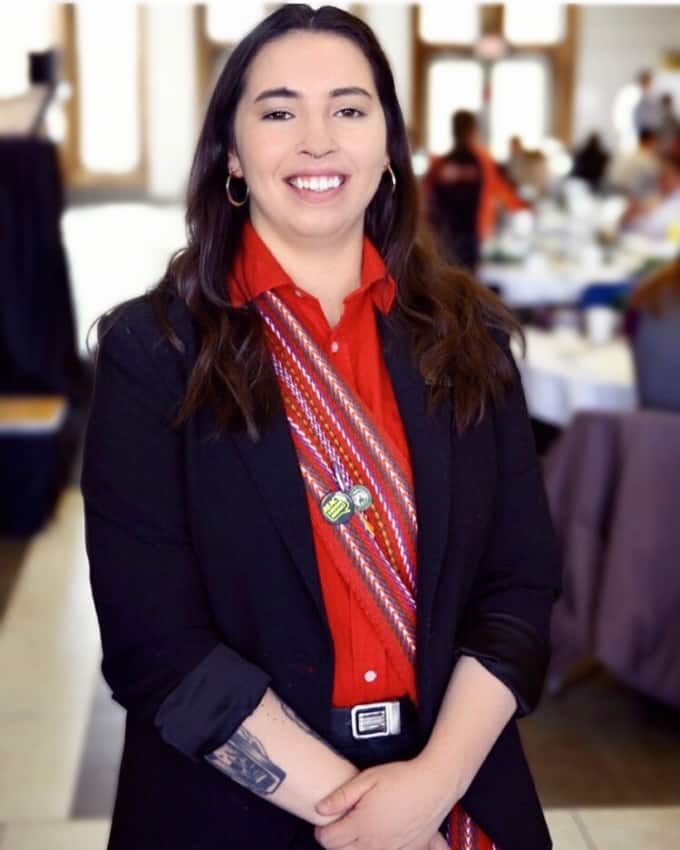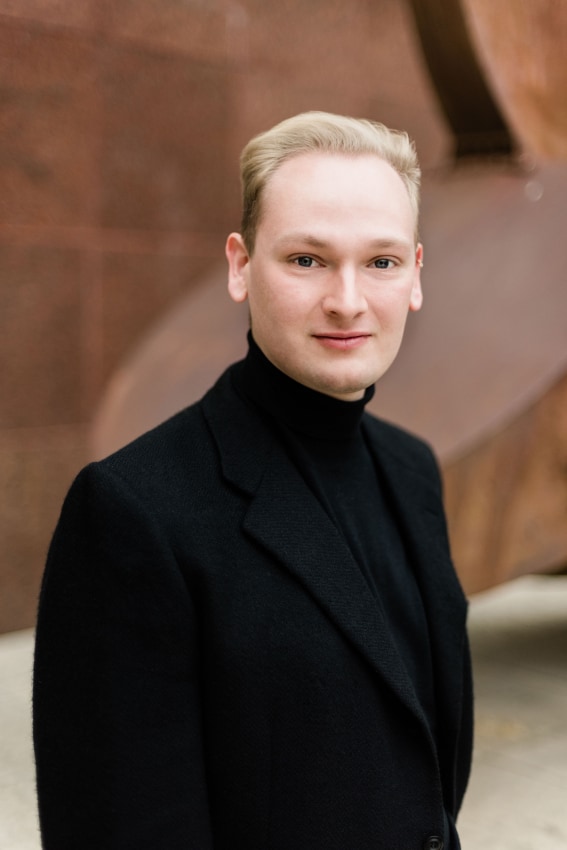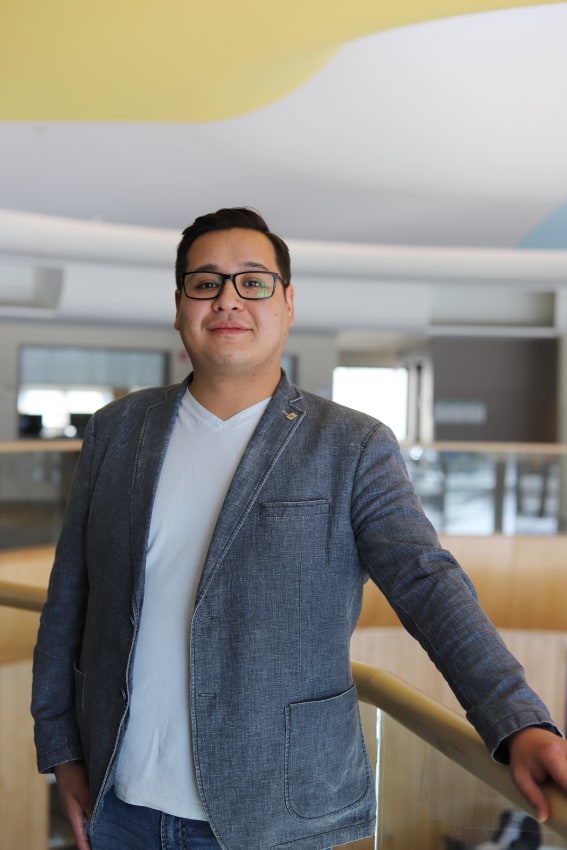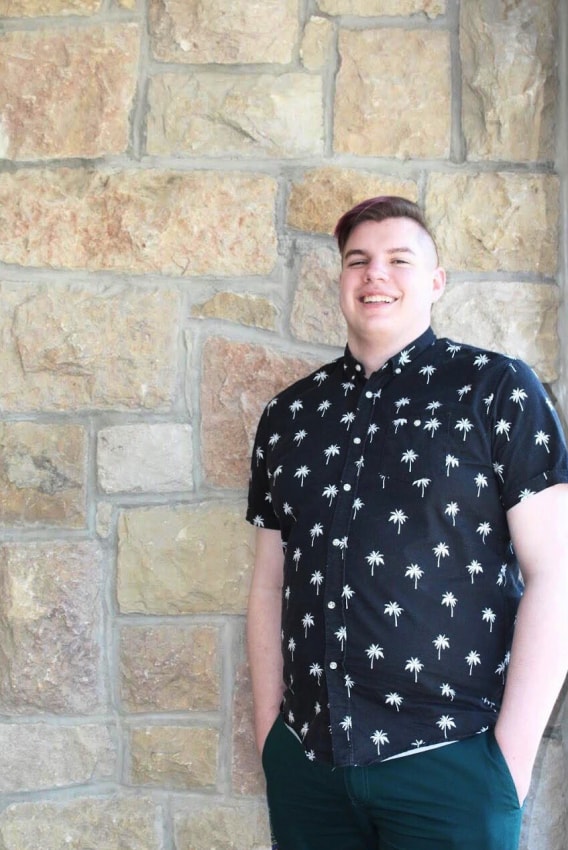With the campus shut down and physical distancing measures in effect, this year’s election happened mainly online. However, the circumstances did not stop 1,804 students from voting for who they wanted as next year’s executive committee of the University of Saskatchewan Students’ Union.
The USSU executive coordinates core services and they speak on behalf of students at the University of Saskatchewan. Every spring, an election is held to determine who will fill the four executive positions. These student leaders are a crucial part of the University Students’ Council, which works in the interest of all U of S undergraduate students.
Here is your 2020-21 USSU executive:
President: Autumn LaRose-Smith

LaRose-Smith succeeded in last fall’s by-election to become the vice-president student affairs and has won the vote of students once again, this time for presidency.
“Students trusted me once to elect me into the USSU executive,” LaRose-Smith said. “Hopefully they will see their continued trust in re-electing me into the executive and into the position of president that I’m going to show my gratitude through how hard I work.”
It was a tight race, with LaRose-Smith only winning by nine votes, and with 34.8 per cent of the total. As the first Indigenous woman to be elected as the USSU president, the victory is historic, but she says the competition has made her want to work with the community as much as possible.
“The close election showed that there’s a lot of great leaders on campus, and I want to create opportunities for collaboration so that students are going to be protected on all fronts going forward,” she said.
LaRose-Smith campaigned to provide a “holistic university experience,” meaning she will advocate for affordable tuition, student housing and food security, and for students’ overall health. She says being elected during a pandemic makes things more stressful, but the situation is only motivating her to make sure students are protected.
“I’m trying to stay as up to date as I can to ensure that by the time September rolls around … students are going to be financially able to still be a student and to be mentally available to be successful and healthy as well,” LaRose-Smith said.
Vice-president operations and finance: Jamie Bell

Bell was re-elected into this position and came out ahead of his competitor by 382 votes, taking 48.2 per cent of the total. Bell says that he gained valuable experience during his first year as vice-president operations and finance because “money rolls everything.”
“Everything flows through my office at some point in time, so I feel really well connected to all of the initiatives and programs that the USSU puts on,” Bell said.
Bell spent this year improving the ratification and funding applications for student groups. For his second term, he has an ambitious plan to provide campus clubs with more than just funds and expand into offering opportunities for training and development.
“It’s transforming how campus groups interact with the USSU and how they’re supported by it,” Bell said. “Part of that is the goals program and group orientation sessions I’m developing to build up leadership skills.”
Bell says the plan could take five years to fully implement but he is excited to lay the foundation for the program. He also campaigned on creating a “tuition predictability model,” which could project tuition increases to help students better understand what their educational expenses will be.
“We will have more preparedness and more security going into a situation as opposed to being blind sided with increases,” Bell said. “Students are already vulnerable … so my hope is having a predictability plan [that] will prevent any significant damages to students.”
Vice-president academic affairs: Kiefer Roberts

Roberts was the only executive candidate who ran unopposed. He jokingly said the only thing he was worried about was people voting for “A.B. Stain.” However, 1,042 “Yes” votes have secured Roberts’ position as vicepresident academic affairs.
Roberts has been a part of the University Students’ Council as the Indigenous Students’ representative twice and is a part of the Indigenous Students’ Council. He says he gained valuable experience acting as a liaison between the two groups while learning about the executive position.
“I think it’s important to have folks meeting regularly and that they’re able to distribute that information or any concerns that our constituents have with one another,” Roberts said.
Roberts’ platform points included accountability in Indigenization and decolonization, attacking student loan interest, addressing mental health and advocacy for students. He believes that because most students apply for loans, addressing interest issues will help with students’ overall well-being.
“If you’re worried about payments, it could deteriorate your mental health,” Roberts said.
Roberts says these issues are being exacerbated by the current pandemic crisis as well.
“I’m sure it will be more challenging once we get back into the swing of things or when things go back to normal,” Roberts said. “But I’m definitely looking forward to helping or advocating for students in any way I can.”
Vice-president student affairs: Jory McKay

The position of vice-president student affairs was the second most contested executive spot, with McKay coming out ahead by just 18 votes, and 26.1 per cent of the total.
McKay has been the USSU Pride Centre coordinator for the past two years, a position where he gained valuable experience working with LaRose-Smith and other past vice-presidents.
“It’s really helped me learn how to properly advocate for students, the avenues on which those things need to happen, and even the specifics and workings within the USSU,” McKay said.
McKay campaigned on sustainability, inclusion, accessibility and harm reduction policies to break down barriers and stigmas that exist on campus. He says creating gender neutral washroom stalls is something he is especially focused on.
“I really know that I have the expertise to focus on [that] and the experience working within intergendered spaces, and I know what students want,” McKay said. “I’ve been talking to students not just during my campaign, but before this within my role at the Pride Centre.”
McKay also wants to conduct an “accessibility report” to help identify gaps in accessibility to students with limited mobility at the university.
“If students can’t access all parts of our campus it’s really a problem and I want to make sure the university is following the Canadian guidelines around accessibility,” McKay said.
—
Noah Callaghan | Staff Writer
Photos: Supplied
Leave a Reply